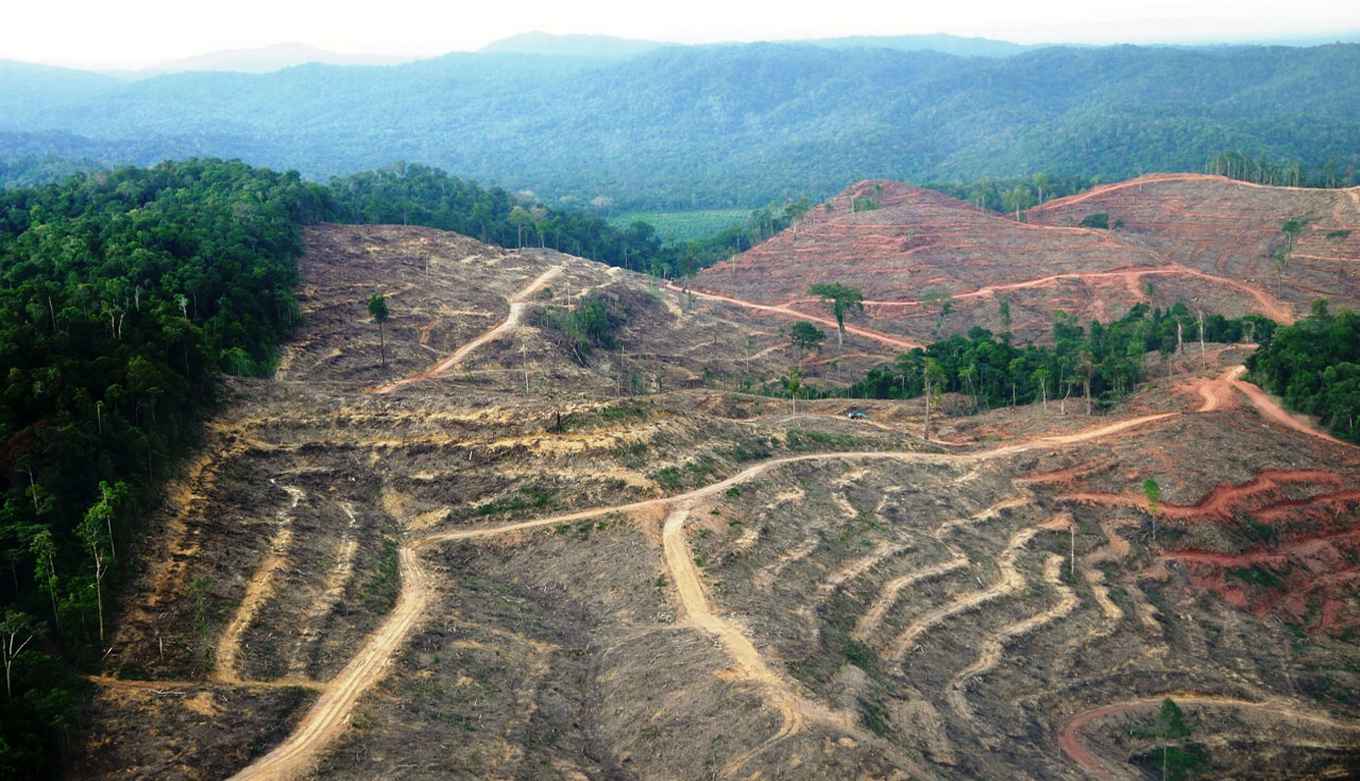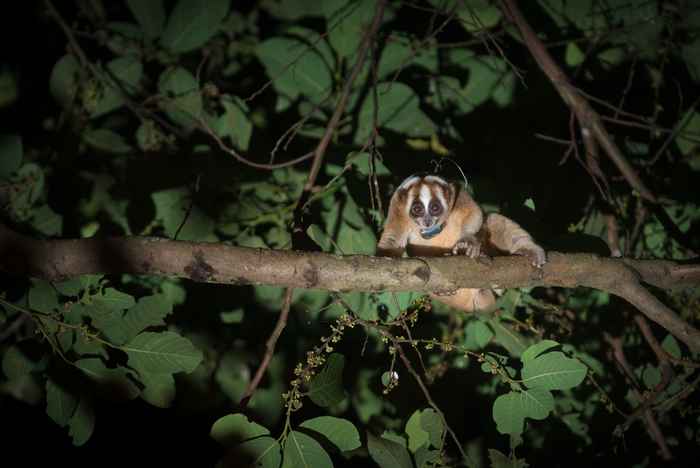Scientists sound alarm for world’s dwindling primate populations
Primate population threat up by 20% in 20 years
18 January 2017

In their paper, the authors draw attention to the dire situation faced by primates as a result of escalating and unsustainable pressures placed on their habitats through agriculture, logging, construction, resource extraction and other human activities. According to the authors, the accelerated growth of such pressures over the next 50 years predicts this situation will only worsen and result in numerous primate extinctions unless immediate global action is taken.
A worrying picture
‘In 1996 around 40% of the then recognised primate taxa were threatened. The increase to 60% at present is extremely worrying and indicates that more conservation efforts are needed to halt this increase’, says Serge Wich, professor by special appointment of Conservation of the Great Apes at the University of Amsterdam.
Given that most primates live in regions characterised by high levels of human poverty and inequality, the authors argue that immediate actions should be aimed at improving health and access to education, developing sustainable land-use initiatives, and preserving traditional livelihoods that can contribute to food security and environmental conservation. These actions can help to reduce hunting and habitat loss.

Why primate populations matter to people
The loss of primate populations also poses considerable risks to humankind, the authors argue. Non-human primates (lemurs, lorises, galagos, tarsiers, monkeys, and apes) are biological relatives of humans and offer unique insights into human evolution, biology, behaviour, and the threat of emerging diseases. They are an essential component of tropical biodiversity, contributing to forest regeneration and ecosystem health, and play important roles in the livelihoods, cultures and religions of many societies.
Wich: ‘If we are unable to reduce the impact of our activities on primates, it is difficult to foresee how we will maintain this fantastic diversity of our closest relatives in the near future. That will not only be a great loss from a scientific point of view, but will also have a negative influence on the ecosystems that we all rely so much upon. It is therefore important to drastically change from the business as usual scenarios to more sustainable ones.’
The authors call on government officials, scientists, international organisations, NGOs, the business community, and concerned citizens to mobilise and raise awareness of the plight of the world’s primates and the costs of their loss to ecosystem health, human culture, and, ultimately, human survival. This mobilisation is a social and ecological imperative.
Publication details
A. Estrada, P. Garber, A. Rylands, C. Roos, E. Fernandez-Duque, A. Di Fiore, K. Nekaris, V. Nijman, E. Heymann, J. Lambert, F. Rovero, C. Barelli, J. Setchell, T. Gillespie, R. Mittermeier, L. V. Arregoitia, M. de Guinea, S. Gouveia, R. Dobrovolski, S. Shanee, N. Shanee, S. Boyle, A. Fuentes, K. MacKinnon, K. Amato, A. Meyer, S. Wich, R. Sussman, P. Ruliang, I. Kone and L. Baoguo: ‘Impending extinction crisis of the world’s primates: why primates matter’ in Science Advances (2017). DOI 10.1126/sciadv.1600946.